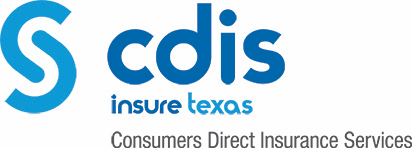Medicare prescription drug coverage ensures you get the medications you need to stay healthy and strong. But whether you receive benefits through a standalone Part D plan or through Medicare Advantage, understanding drug coverage can be complicated. With formularies and tiers, there’s much to know. To help you make sense of prescription drug coverage, here’s a quick summary of a formulary and how it works.
Formularies and Tiers
Each Medicare prescription drug plan has its own formulary or list of medications that are covered. The formulary organizes both generic and brand-name drugs into different classes or tiers that are grouped together by cost. Generally, drugs in lower tiers cost less than those in higher tiers. For example, a brand-name drug to treat high blood pressure may be in Tier 3, while the generic version of the same drug might be available in Tier 1. Most prescription drug plans offer 4 tiers, and some offer 5:
- Tier 1: Most generic prescription drugs, lowest copayment
- Tier 2: Preferred, brand-name prescription drugs, medium copayment
- Tier 3: Non-preferred brand-name prescription drugs, higher copayment
- Tier 4: Specialty, unique, costly prescription drugs, highest copayment
Formularies change from year-to-year and it’s critical that you review your Medicare Annual Notice of Change (ANOC) to make sure any medications you take are still covered. However, if your plan makes changes that impact you, they are required to let you know 60 days before the change takes effect.
Saving Money Using Formularies
Medicare drug plans negotiate pricing with drug companies, securing lower prices for medications than you could get yourself. Because of this, using drugs listed in your plan’s formulary may cost you less than using drugs outside of the formulary. Also, choose the generic version of drugs whenever possible to save even more.
Generic drugs are essentially copies of brand-name drugs. How they are administered, dosage, safety, and strength are the same with both. Generic drugs use the same active ingredients as brand-name drugs and are used safely as a reliable alternative to more costly versions. In fact, the majority of prescriptions filled today use generic drugs.
When Your Drug Is Not on the Formulary
In the event a drug you need is not covered by your plan’s formulary, you may be able to get a formulary exception—a type of Medicare prescription drug coverage determination where your plan decides to cover a drug that’s not on the list. There are exceptions to tiers and formularies, but each requires a request from you or your provider as well as a supporting statement from your doctor explaining the medical reason behind the exception.
References:
Costs associated with using formularies: https://www.medicare.gov/Pubs/pdf/11136-Pharmacies-Formularies-Coverage-Rules.pdf page 2, 3
Formulary and tiers: https://www.medicare.gov/part-d/coverage/part-d-coverage.html
MUC47-2017-BCBS


